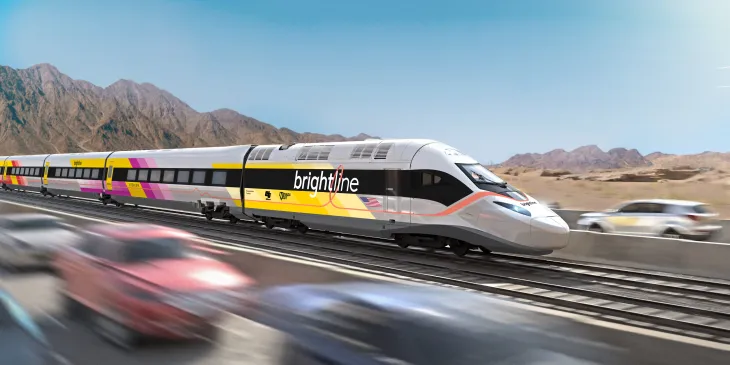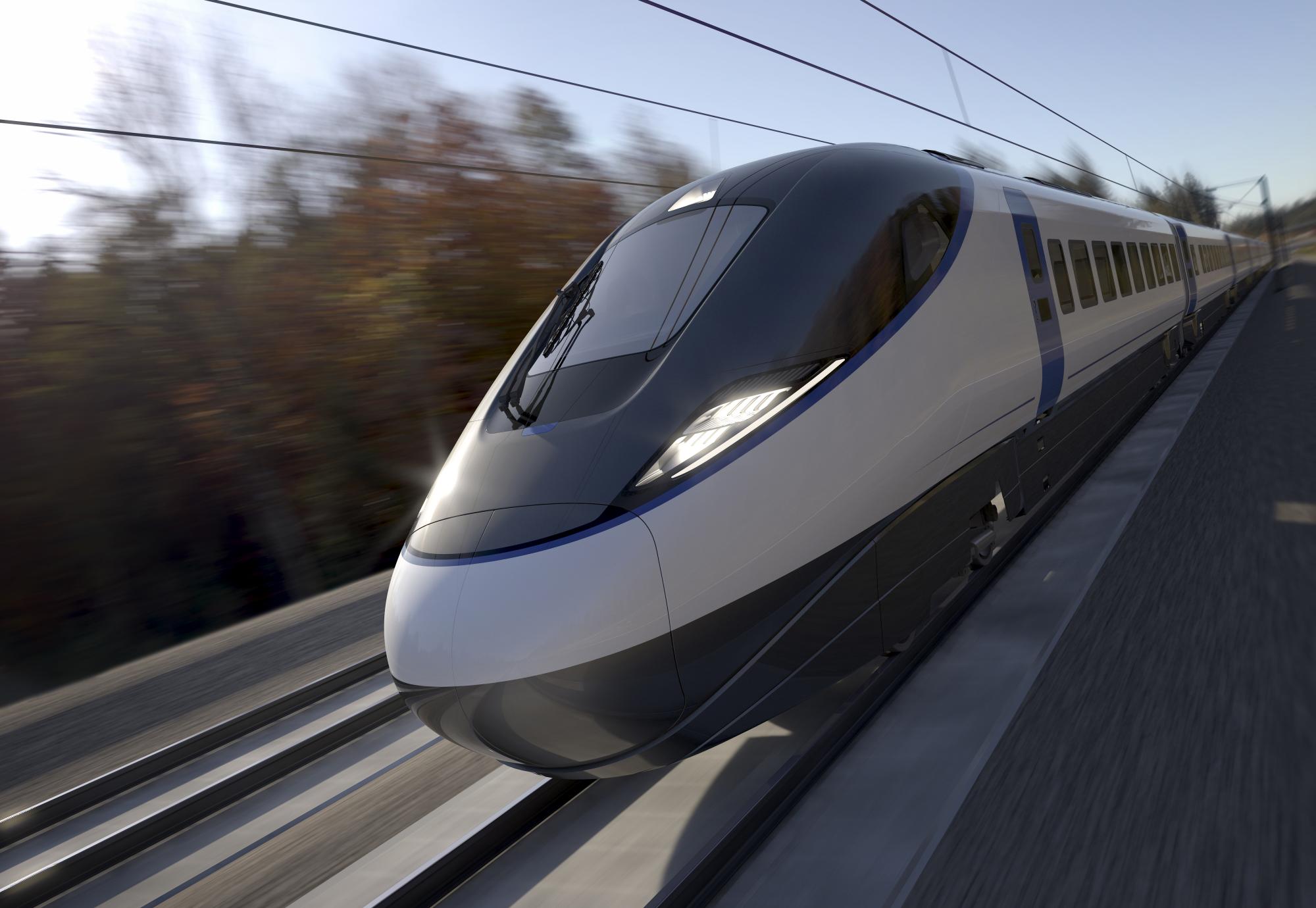In 2013, Elon Musk published a white paper proposing the concept of a hyperloop, envisioning a rapid transit system that could transport passengers from Los Angeles to San Francisco in just 35 minutes through a vacuum-sealed tube. Musk’s idea emerged as an alternative to California’s proposed high-speed rail system, reflecting his dissatisfaction with the traditional rail project, as noted by his biographer Ashlee Vance.
en years later, the most high-profile startup that tried to follow in Musk’s footsteps — Hyperloop One — is closing its doors. And the news of its demise broke less than two weeks after the Biden administration announced $6 billion in funding for high-speed rail projects across California.
It’s a big win for public transit advocates, many of whom have spent decades stumping for not just high-speed rail, but better rail service overall. (Biden’s announcement also included funding for a slew of other rail projects around the country.) But it’s not a clean victory by any means.
For one thing, many cities and states were lulled by the hyperloop siren song and were subsequently left adrift. I still vividly remember reporting out a story in 2018 about the collapse of Arrivo (another hyperloop startup created by one of Hyperloop One’s co-founders) and calling Colorado’s Department of Transportation to ask about the company going under, only to realize on the call they had no idea it had happened.

Colorado was not alone. Hyperloop One once promised West Virginia that it would build a $500 million test and certification facility in the state. It also built a test track near Las Vegas where it did, briefly, move some people through a tube — enough of an accomplishment, apparently, for then-CEO Jay Walder to claim it was the “first new form of mass transportation in over 100 years.”
Other hyperloop projects and companies remain, though largely outside of the United States. Thankfully this country was already building momentum back up for investing in its rail system, with a focus on faster trains.
The most high-profile effort is Brightline, a company that recently extended its existing service in Florida all the way to Orlando, allowing passengers to travel there from as far as Miami.
en years later, the most high-profile startup that tried to follow in Musk’s footsteps — Hyperloop One — is closing its doors. And the news of its demise broke less than two weeks after the Biden administration announced $6 billion in funding for high-speed rail projects across California.
It’s a big win for public transit advocates, many of whom have spent decades stumping for not just high-speed rail, but better rail service overall. (Biden’s announcement also included funding for a slew of other rail projects around the country.) But it’s not a clean victory by any means.
For one thing, many cities and states were lulled by the hyperloop siren song and were subsequently left adrift. I still vividly remember reporting out a story in 2018 about the collapse of Arrivo (another hyperloop startup created by one of Hyperloop One’s co-founders) and calling Colorado’s Department of Transportation to ask about the company going under, only to realize on the call they had no idea it had happened.
Colorado was not alone. Hyperloop One once promised West Virginia that it would build a $500 million test and certification facility in the state. It also built a test track near Las Vegas where it did, briefly, move some people through a tube — enough of an accomplishment, apparently, for then-CEO Jay Walder to claim it was the “first new form of mass transportation in over 100 years.”
Other hyperloop projects and companies remain, though largely outside of the United States. Thankfully this country was already building momentum back up for investing in its rail system, with a focus on faster trains.
The most high-profile effort is Brightline, a company that recently extended its existing service in Florida all the way to Orlando, allowing passengers to travel there from as far as Miami.










